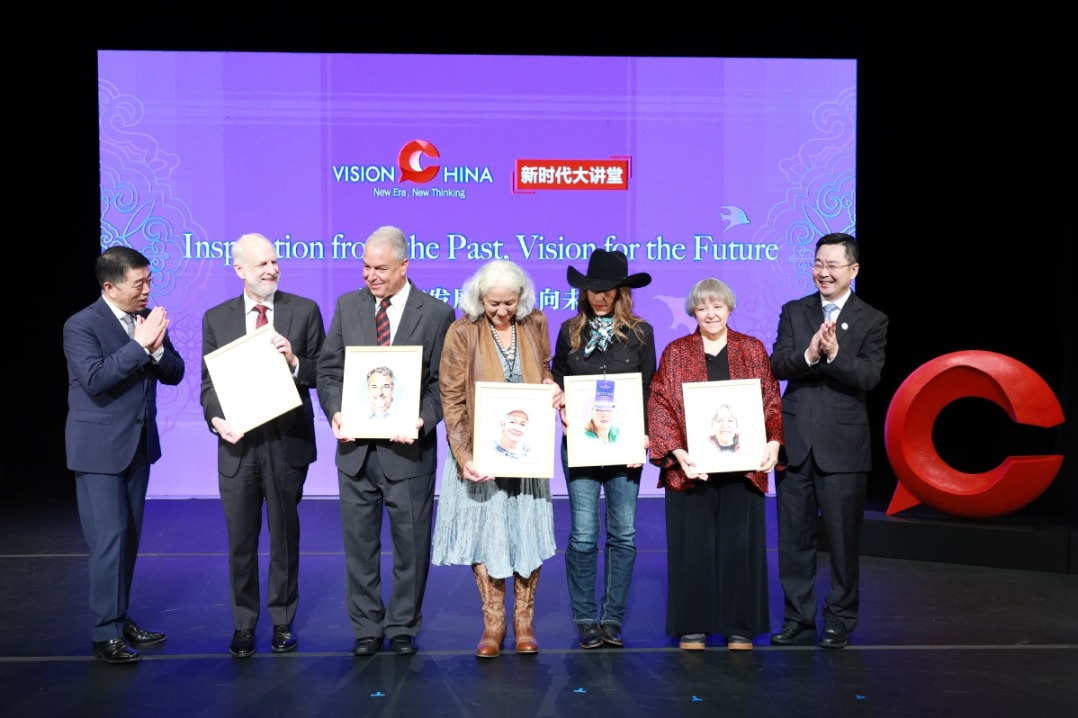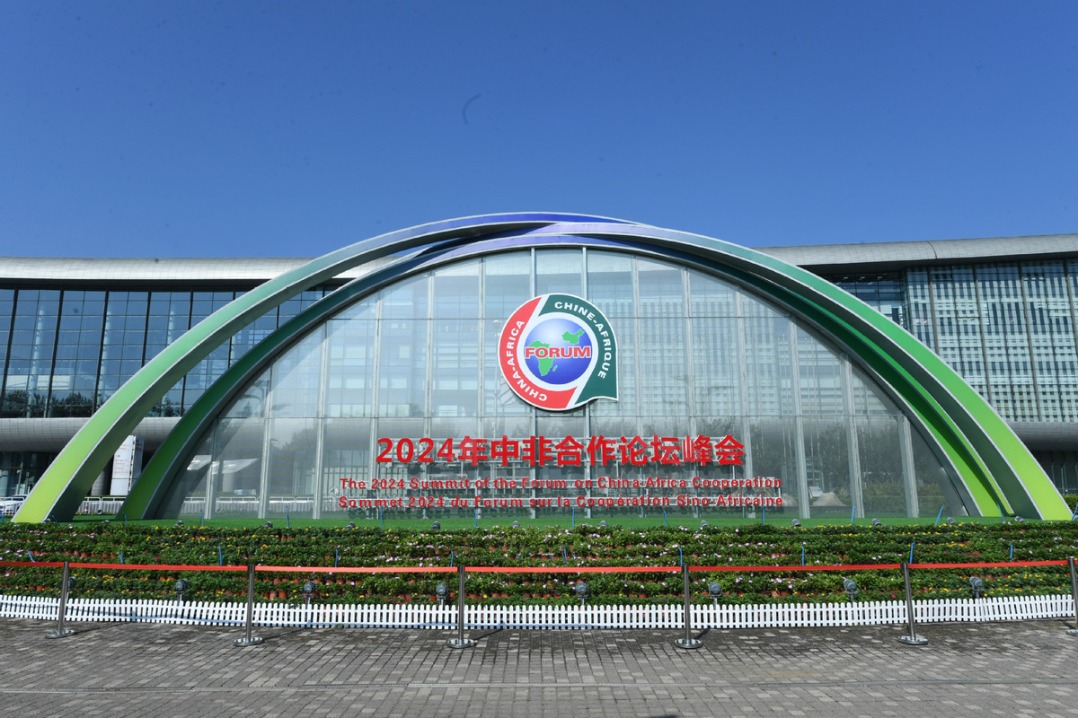Modern governance key to crack hard reform nuts


The fifth meeting of the central commission for deepening overall reform of the 20th Communist Party of China Central Committee convened in Beijing on Tuesday.
The three documents that the central authorities released after the meeting detailed their latest instructions for cracking the three hard nuts of how to form a modern corporate system, how to protect farmers' rights and interests, and how to foster a globally competitive pro-innovation system.
These documents are expected to serve as a foundation for relevant departments to draft their respective policies in these regards. For instance, to accelerate the formation of a modern corporate system, governments at various levels should improve their corporate governance to protect enterprises' property rights, implement a clear separation of rights and responsibilities between government and enterprises and enhance scientific corporate management. To stabilize grain production, local governments should provide higher subsidies to grain farmers in a timely manner, and make the supporting policies for farmers better targeted. To found a more effective pro-innovation system, the country should take more concrete actions to expand its international cooperation in the high-tech and innovation sectors and open up to integrate into the global innovation network.
These instructions are made in response to the series of challenges China faces that originate from not only the internal structural issues of the Chinese economy and governance, but also the increasingly volatile global situation, particularly some developed economies' protectionist and coercive approaches to world trade and economic cooperation.
Now the relevant departments and local authorities should adapt these instructions to their actual local situations and draw up workable policies and well-targeted measures to address the institutional and practical obstacles that have long hindered the resolution of the problems in their jurisdictions. They should bear in mind that many socioeconomic problems that the country needs to resolve through reforms now, including the three above, are partly caused by the side effects of previous reforms. So in the process of implementing the new round of reforms, they should avoid reform-for-reform's-sake reforms, and not interfere in the market.
The government should create the necessary institutional and policy environment to guarantee that the market plays its due role and refrain from overstepping its role when promoting entrepreneurship and innovation and strengthening the protection of farmers' interests.
There should be an effective supervision over the authorities' exercising of power to reduce graft and black box operations that invariably fatten private pockets with funds that should be used to boost grain production and innovation. Before a modern governance system is formed it is almost impossible to build a modern corporate system, foster a modern agricultural sector and establish an advanced innovation mechanism.


































